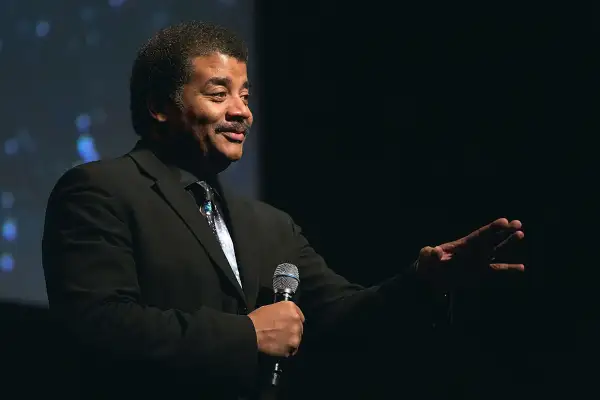Neil deGrasse Tyson Thinks Work-Life Balance Is Overrated

Neil deGrasse Tyson, the multi-hyphenate astrophysicist-TV-host-amazing-speech-giver, joined FiveThirtyEight’s What’s the Point podcast with Jody Avirgan to discuss topics ranging from nerd culture to race to what it’s like being in the public eye.
Noting that he wrestled while taking college classes and discovering new academic interests, deGrasse Tyson says he never struck a balance between his two different worlds—and that very imbalance is what led him to discover new talents and launch new investigations.
In other words, he argued, balance is overrated.
Given all the talk about working parents wanting (and usually failing) to "have it all," and the broader American quest for work-life balance, some might find it refreshing to learn of a possible upside of simply not having enough time in the day.
“There is the psychological discomfort knowing you should be doing something else. And we presume that balance is a good thing,” deGrasse Tyson said, adding that there was never a time when he was studying that he wouldn't rather be on the mat, and vice versa. “When something is out of balance you can get quite innovative in your attempts to resolve that fact.”
Rather than crumbling under that discomfort, the Cosmos host advises, we should embrace it and try to enjoy the ride. “You don’t go to the amusement park roller coaster and say ‘I want to be balanced.’ No, you want to be as unbalanced as possible, because that’s the thrill ride,” he said.
In fact, the pressure between balancing different tasks and parts of life can serve as the motivation to try truly incredible things.
“I’m reminded of John Kennedy’s famous comment about the moon, we choose to do these things, we choose to go to the moon not because it’s easy, but because it’s hard,” he said. “And I think not enough people choose to embrace the hard.”
Read next: Is Work-Life Balance Even Possible?
